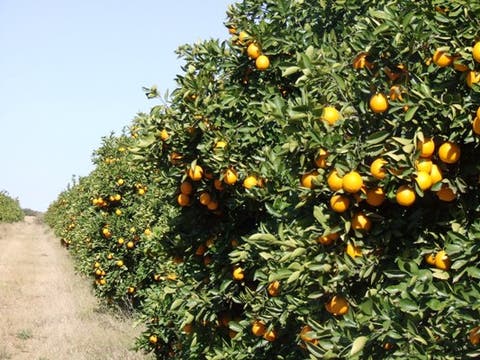Govt assures farmers of ample seed supply for next season
The Government has assured farmers of an adequate supply of drought-tolerant seed for the upcoming summer cropping season, aiming to boost agricultural productivity and national food security.
Lands, Agriculture, Water, Fisheries and Rural Development Deputy Minister Davis Marapira conveyed this assurance during a tour of a Valley Seeds plant in Murewa on Tuesday.
Deputy Minister Marapira stated that measures were being implemented to make available new crop varieties suitable for different agro-ecological regions, and that the Government would ensure early distribution to farming areas.
In regions with low rainfall, Deputy Minister Marapira said that farmers would receive traditional grains.
“We are in April, but we already have the seed for the next season. We must ensure that from September 15, to November 15, farmers have seed on their farms. Early preparations are important in ensuring high yields.
“Farmers benefiting from the Presidential Inputs Scheme should begin preparations now while there is sufficient moisture.
“Farmers should conduct tests to determine the soil pH levels. If necessary, farmers should apply lime to correct the soil pH.”
Valley Seeds Technical Director Mr Patrick Sajeni said that they had enough seed for both low and high rainfall areas.
“In the Matabeleland region, we have sunflowers, sorghum, and cowpeas. In the high-rainfall areas, we have introduced new varieties that suit the rainfall pattern,” he stated.
The effects of climate change have hampered agricultural production in recent years.
The Government introduced the Pfumvudza/Intwasa programme as a means of climate-proofing agriculture.
Pfumvudza is a concept aimed at adopting conservation farming techniques and involves the utilisation of small pieces of land while applying the correct agronomic practices for higher returns.
The concept, which is being applied to maize, traditional grains, and soya beans, is also aimed at commercialising smallholder agriculture.
Conservation agriculture is based on the principles of minimum soil disturbance (planting basins), mulching to conserve moisture, timeliness of operations, and the adoption of good agronomic practices.
herald











